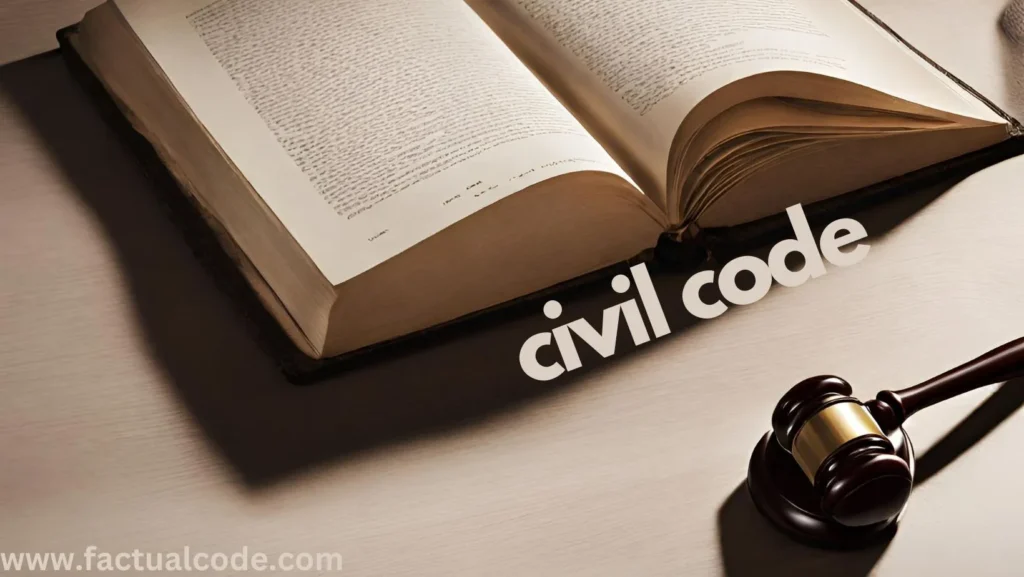Introduction
Order 14, Rule 5 of the Civil Procedure Code (CPC), 1908 provides courts with the discretion to amend, add, or strike out issues during a trial. This ensures that only the relevant matters are considered, thus facilitating a fair, focused, and efficient trial process.
1. Power to Amend or Frame Additional Issues
Provision:
The court can amend or add issues before passing a decree, if necessary, to resolve the main controversy.
Purpose:
This power ensures that all relevant issues are addressed, thereby contributing to a fair and just judgment.
Case Law Example:
K. Periyasamy vs. Selvakumar (2014)
- Facts: The issue of whether new issues could be framed after the trial began was examined.
- Ruling: The Court allowed for the framing of additional issues to ensure all relevant aspects of the dispute were addressed.
- Explanation: The ruling underscores the flexibility of courts to introduce additional issues to cover every important aspect of the case.
2. Power to Strike Out Issues
Provision:
Courts can strike out issues that do not contribute to resolving the central controversy.
Purpose:
This helps to streamline the trial, avoiding unnecessary distractions and delays.
Case Law Example:
Smt. T. Savitha vs. Sri. B.P. Muniraju (2023)
- Facts: The issue examined was whether irrelevant issues should be struck out to prevent trial delays.
- Ruling: The Court ruled that irrelevant issues should be removed to focus solely on the necessary aspects.
- Explanation: This case highlights the importance of keeping the trial on track by eliminating irrelevant matters that do not affect the core issues.
3. Obligation to Frame Issues Related to the Real Controversy
Courts are obliged to frame issues that directly relate to the main dispute. Failing to do so can result in an incomplete trial, leading to appeals or revisional jurisdiction.
4. Discretionary Power
Courts hold discretionary power to amend or add issues as necessary, ensuring that the dispute is fully addressed.
5. Guidance from Rule 3 of Order 14
Rule 3 guides courts in framing issues based on pleadings, evidence, and the dispute’s nature, ensuring that the issues reflect the core matters of the case.
Conclusion
The power granted under Order 14, Rule 5 of the CPC is crucial for ensuring a focused, fair, and efficient trial. By amending, adding, or striking out issues, courts can ensure that only the real controversies are addressed. The case laws of K. Periyasamy vs. Selvakumar (2014) and Smt. T. Savitha vs. Sri. B.P. Muniraju (2023) illustrate how this discretion is exercised to maintain the integrity of the judicial process.

